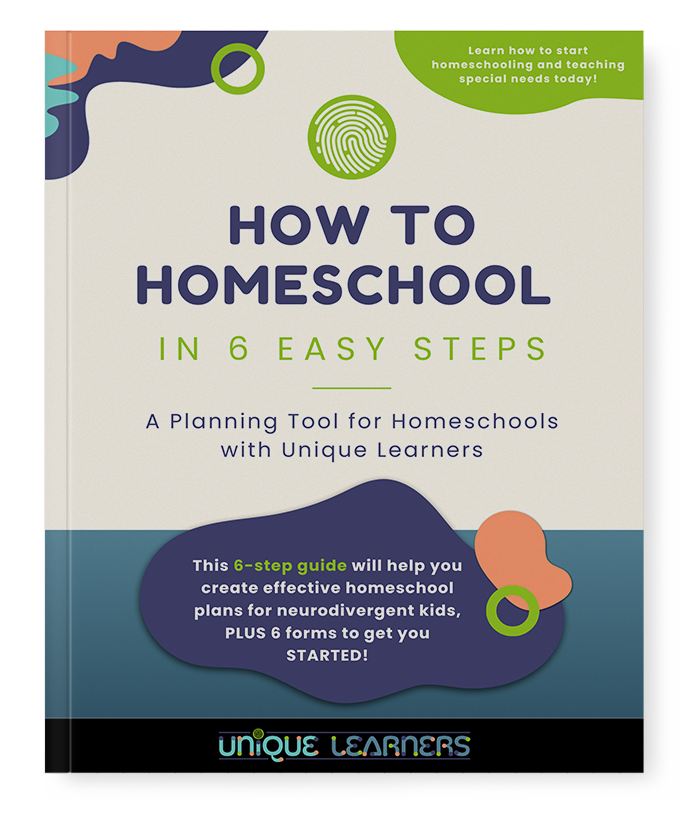Thank you for your patience through the holidays. I took a couple of weeks to deal with life events. The whole cycle of life is happening in our family. I needed to visit aging parents with health issues and adult kids who are launching into new realms with pets, vehicles, homes, and growing families! I am so excited that our first grandbaby is expected in May. I also needed time to plan for my students who are moving into new areas of reading, upper elementary math, writing, and algebra. I love to find new ways to help my unique learners to discover new concepts and master more complex skills!
Did your first year of homeschooling get off to a rocky start?

Whether this is your first year homeschooling or if you’ve been doing it a few years, the holidays can be a flurry of activities that make getting academic learning hard to fit in. So, January can seem dull and long and all work for both the teaching parent and the kids.
Maybe your school year started off with challenges. Maybe the first half of the year was filled with enthusiastic learning. Either way, January can be a month to shake things up a bit. It’s OK to change things that weren’t working before the holidays. If your homeschool was working great, it’s exciting to try a short-term course by delving into a topic that your child is interested in.
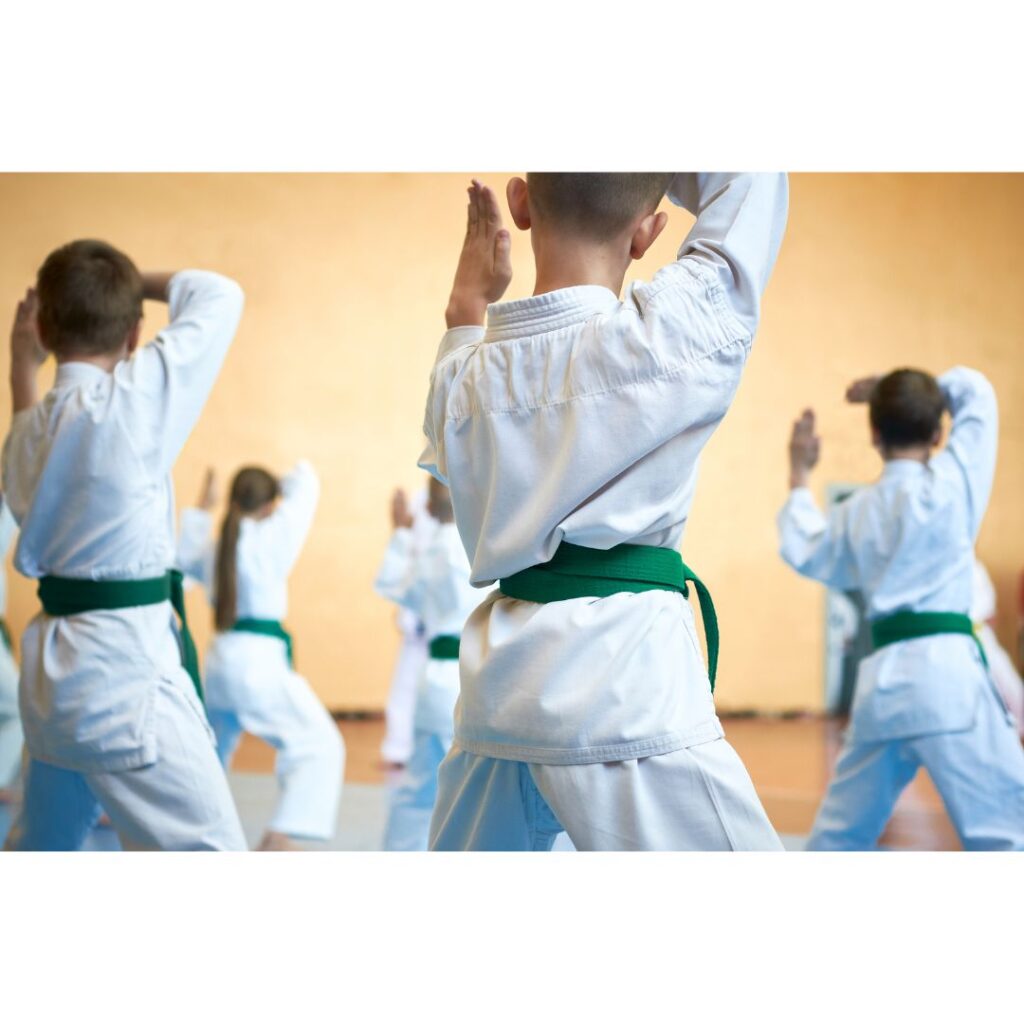
This article will mainly share some ideas to help homeschool families that were struggling. Then I will share some ideas for all homeschoolers who want to add something a little different to keep the long month rolling along.
Perhaps the most common struggle I hear from first and second year homeschool moms is that their kids won’t cooperate or take hours to complete assignments that could take just a brief amount of time. If you have a child who struggles with attention issues, with or without a diagnosis of ADHD, consider if any of these ideas may help.

- Reorganize your routine so that it works for the whole family, not just the child with attention or compliance issues. Intersperse paperwork or computer lessons with hands-on projects or moving activities. I can’t emphasize enough how important a routine is for kids with various types of special learning needs.
- If you have activities outside the home, consider posting a week-at-a-glance so that your child can visually see what is coming up tomorrow or later in the day.
- Make a menu list of things your child likes to do as rewards for when the school work is finished each day. For older kids, you may be able to do a weekly outing or reward; however, younger children may need a morning and an afternoon incentive to work toward.
- Create daily checklists for your kids. You can make a standard list that goes with your routine. If your child struggles in reading, make it a list with pictures. You can laminate the checklist to mark with a dry erase marker. Pocket charts or Velcro posters work well also.
- Take a look at task box or workbox systems to help an insecure student gain a bit of independent work habits.
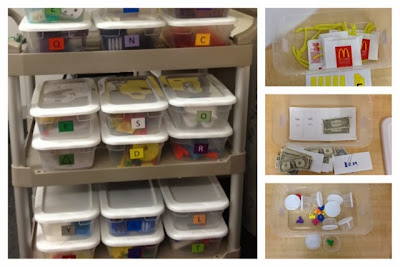
- Use a kitchen timer to create a sense of urgency, limit tasks, or stretch out work time.
- If a worksheet is not completed within 15 to 20 minutes, take a look at whether the child understands the directions. If so, does the child understand the concept or skill? If so, is the worksheet too easy and just busy work? Is there a different way to practice the skill? Nearly every worksheet can be converted into a hands-on activity or game!
- Use multisensory activities for as many assignments as possible. There are many ways that your child can feel sensory textures while seeing a visual cue and hearing/saying the information. Play dough, shaving cream, paints, sensory bins, and projects can make learning more fun. When learning is fun, the boredom and resistance often disappears.
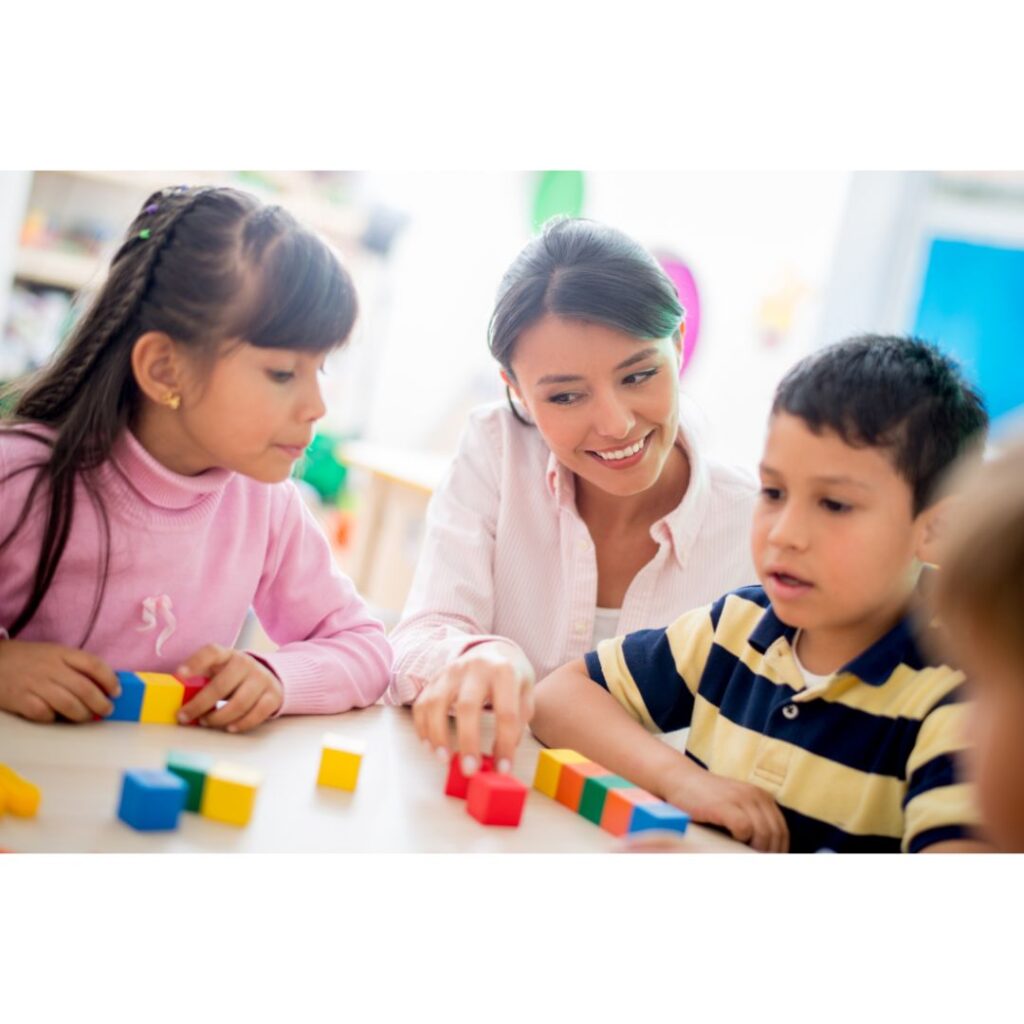
Here are some fun ideas for adding a fun unit study or project to the usual academics to make January a memorable time of learning for any homeschool.
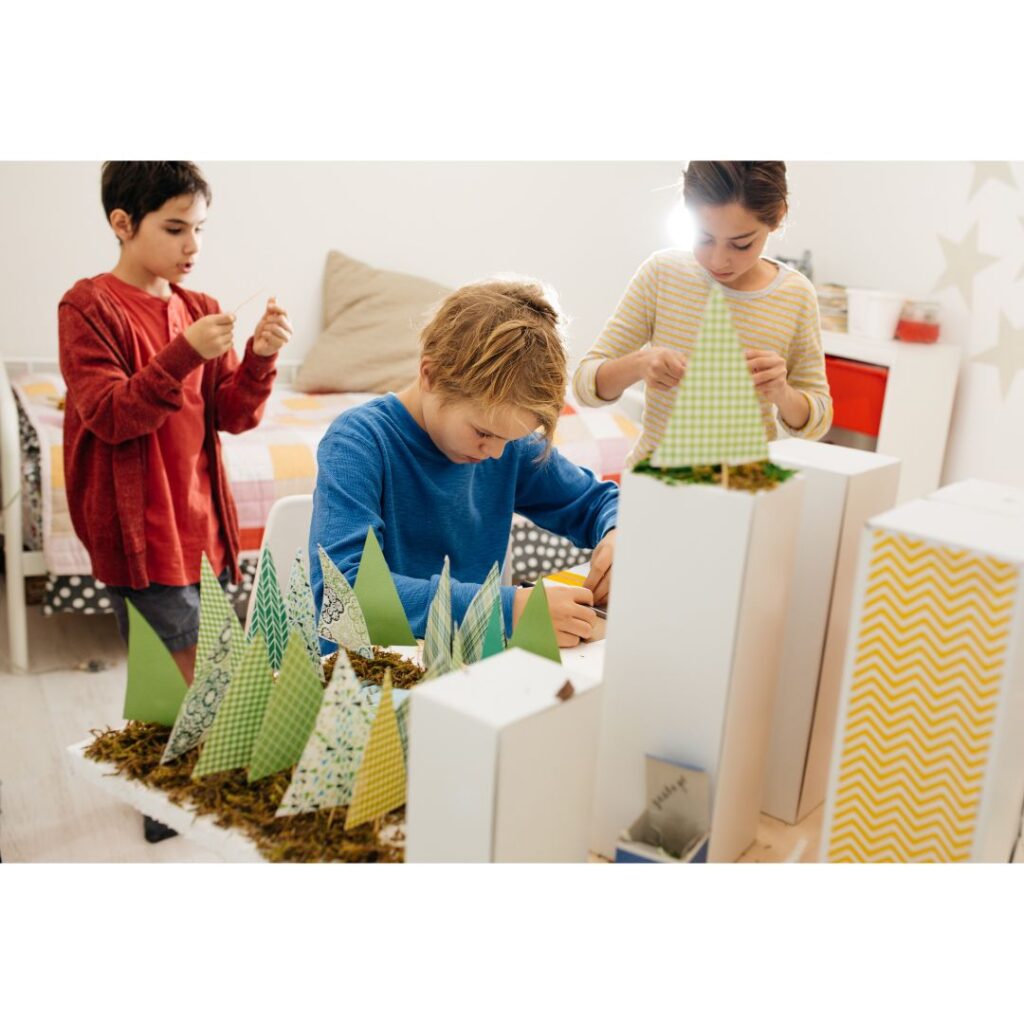
- If you live in a northern climate, study snow, snowflakes, or various types of precipitation. If your kids are older, use a large map with weather codes that meteorologists use to predict weather patterns. Perhaps take a field trip to a weather station.
- Create nature art. Snow or ice sculptures can be fun. Colored ice balls using balloons can create pretty outdoor lighted decorations. Use food colored water in spray bottles to draw pictures in snow.
- Study the history of your state. Travel around the state to visit landmarks and places of important events. Make a lapbook or notebook report of your state. Make a parade of famous people from your state. Create a YouTube video about your state.
- Memorize the US Presidents, the states and capitals, or countries of the world together using mnemonic devices or music.
- Take an art class for painting or sculpting.
- Build an amazing Lego creation.
- Build a robot from a kit or from taking a class.
- Make a planetarium in a large appliance box.
- Take a cooking or quilting class.
- Learn to ice skate or go downhill skiing.
- Travel to another state or country.
- Write a picture book or novel.
- Read and try the projects in one of the Holling C. Holling books.
- Do science experiments from Janice VanCleave books.
- Join a homeschool bowling league.
- Read famous poems and memorize one.
- Plan a garden for the summer.
- Build a salt dough relief map of a country you want to study.
- Write a song about winter.
- Do a 500 or 1000 piece puzzle together.
Once you get started brainstorming, you will find your kids will come up with their own topics or projects of something new and different that will get the whole family working together in researching, communicating, and creating! January will fly by, and you will find your kids will get excited about learning! Keep the worksheets minimal. You may discover insights into your children’s learning preferences and how to explain concepts so that homeschool may just morph into something that works much better in the long run. Enjoy the process and share your kids’ products with us! We would love to see what you come up with!
I wish you success in your homeschooling endeavors in 2023!
Happy New Year!

